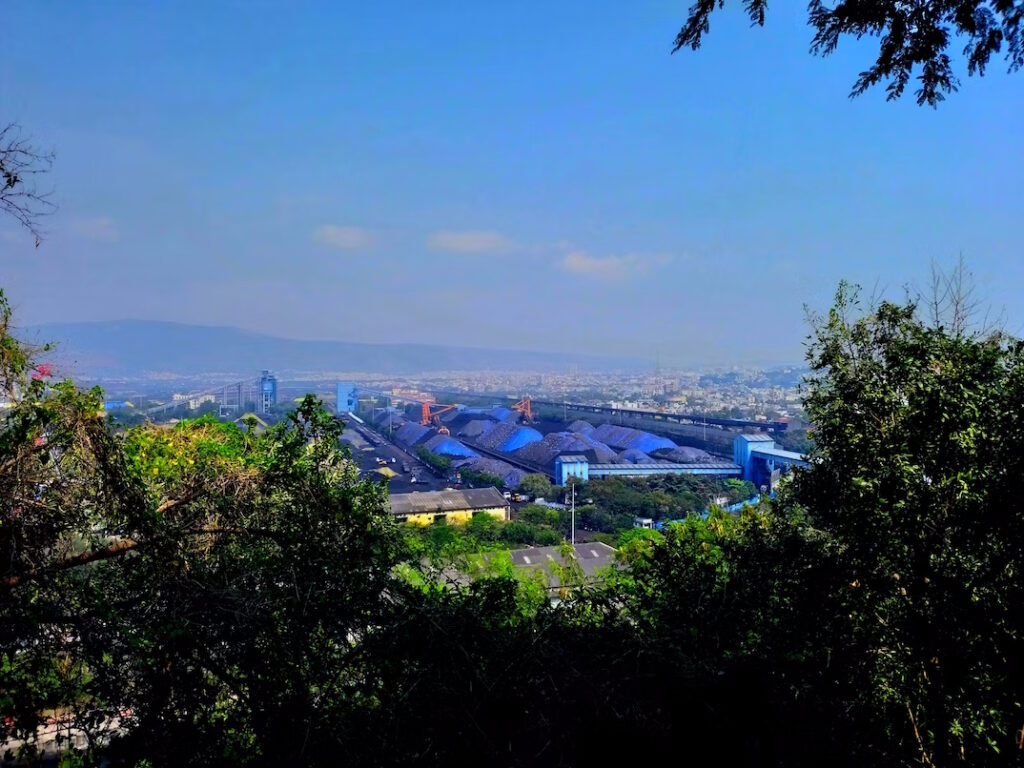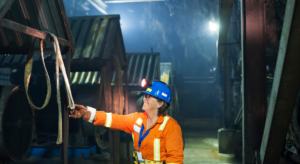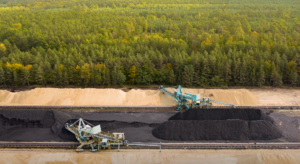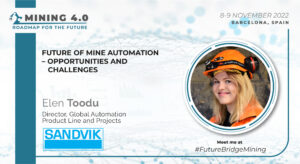Mining projects often face opposition from communities that live in or near mining sites due to concerns about environmental dangers and other effects the site might have on their community. To mitigate these often valid concerns, mining companies need to engage with local communities to build trust, establish meaningful, reciprocity relationships, and ensure that mining projects are built and operated in a responsible and sustainable manner.
What is community engagement?
Community engagement simply means dialogue, consultations, and general collaboration between mining companies and the communities that live near mining sites. It enables mining companies to understand the concerns and expectations of communities, identify potential impacts of mining projects, and develop strategies to address them. Some specialists suggest a focus on the individual instead of large, group settings. Companies can sit down and communicate with people who might be more affected by the site to learn what their specific concerns are. In some areas, projects involving tens of focus groups were found to be more successful than gathering hundreds of people for a town hall-style meeting.
What are the benefits?
One of the primary benefits of community engagement in mining projects is the establishment of trust. Mining projects disrupt the environment, human health, and even the social structures of communities. By hearing what locals care about, companies can also develop solutions for their specific concerns and avoid issues in the future. This can help mining companies establish a positive reputation and build strong relationships that can benefit the company in the long run, not just locally, but globally, as the industry can have a bad reputation for steamrolling over people’s concerns.
If done correctly, mining can actually be a net-positive for the area. Positive impacts may include job creation for locals, economic development, and infrastructure improvements like better roads, electricity, and the internet. Mining companies should be wary not to over-promise the benefits, as this can really destroy the trust they have spent time and effort to build.
Community engagement also provides opportunities for local communities to participate in decision-making processes. Through clear communication and discussion, companies can provide opportunities for them to voice their opinions, share their knowledge and experiences, and influence the outcomes of mining projects. If locals feel like they have a stake in the process, they will be more cooperative in their communication.
Furthermore, community engagement in mining projects can lead to the creation of shared value. Shared value is a concept that emphasizes the importance of creating economic value while also addressing local issues and concerns. Communities should not be thought of as a hindrance to the industry, rather, they can assist in a number of ways, if engaged properly.
How should companies pursue Community Engagement?
The industry needs to seriously consider how it approaches local communities. For a number of reasons, mining suffers from a less-than-stellar reputation. By working with communities, it can help rehabilitate itself and potentially create value for itself in the future. Implementing new technology is a good start, as these are more carbon-neutral and often safer. In general, the industry needs to work out a roadmap for the future.
Industry leaders can benefit from meeting and interacting with peers from around the world to share the best insights and experiences. Join key decision-makers at the Efficient Mining Operations Summit in Barcelona, Spain from May 4th to 5th to learn more. Visit future-bridge.eu or mining-events.com and follow us on our social media to keep track of other events about sustainability in the mining and metals industry.





